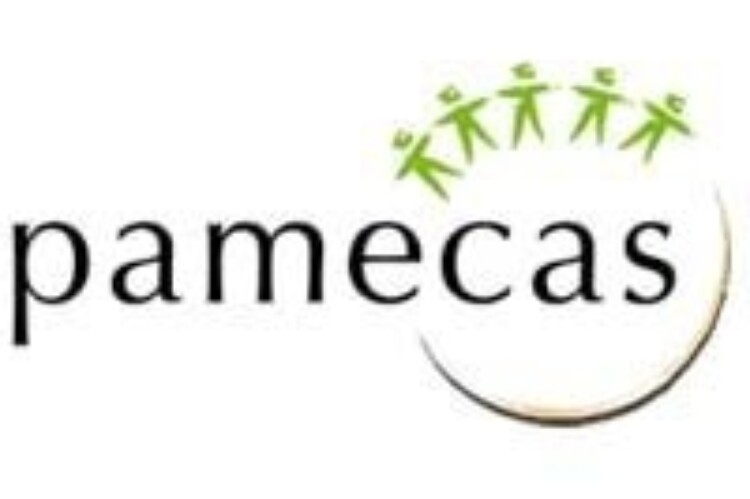
Completed project
Bey Dunde “Cultivate to feed"
July 2010 to june 2017
$ 6,792,398 CAD
Canadian International Development Agency ($601,398 CAD); International Agricultural Alliance ($136,000 CAD); Local partners ($55,000 CAD)
International Agricultural Alliance (IAA)
Composed of CECI, Union des producteurs agricoles Développement international (UPA DI) and Société de coopération pour le développement international (SOCODEVI).
600,000 people
The aim of the project is to contribute to Senegalese self-sufficiency in rice by supporting the National Rice Self-Sufficiency Program (PNAR). Its aim is to increase rice production in the self-managed perimeters of the Senegal River valley, in order to meet the needs of 600,000 people on an annual basis, particularly in rural areas. In particular, the intervention aimed to increase paddy rice production from 25,000 to 75,000 tonnes.
The Alliance agricole internationale (AAI) is a platform for mobilization and action for agriculture in developing countries, enabling CECI, the Union des producteurs agricoles Développement international (UPA DI) and the Société de coopération pour le développement international (SOCODEVI) to combine their experience and know-how to better contribute to agricultural development. In this project, the Alliance joins forces with local partners such as the Fédération des périmètres autogérés (FPA), the Société d'aménagement et d'exploitation des terres du Delta, the Caisse nationale de Crédit Agricole and the Partenariat pour la mobilisation l'Épargne et du Crédit au Sénégal.
A little seed goes a long way
Sustainable growth in Senegal
Rice. In many countries, the precious grain is gaining in popularity. In fact, over the past 15 years, Senegalese rice consumption has doubled. In fact, rice has replaced local cereals, particularly in rural areas, and now accounts for over 50% of household cereal consumption. However, production in Senegal, a large West African country, has not kept pace with growth in consumption. As a result, Senegal is a major importer of rice, greatly affected by rising world prices.
In order to reduce this dependence on Asian markets, the Bey Dunde project “Cultivating to feed oneself in Wolof” is helping to achieve rice self-sufficiency in Senegal.
Results that count
11,000
agricultural producers currently benefiting from FPA services, 23% of whom are women
600,000
people have benefited from increased rice production





